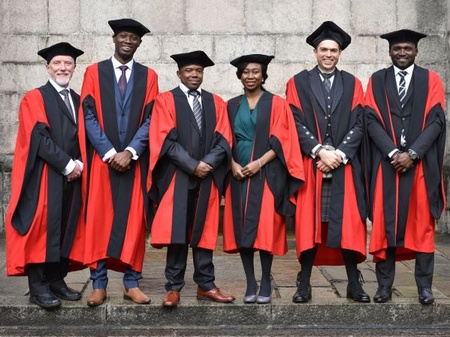Meet your PGR Representatives
Connect with your School PGR representative to gain support, share feedback, and stay informed about key updates
Welcome to the New Student pages. You will find information below relating to orientation, what you can expect during your research programme from reviewing your work, progressing into the next year of study, your PGR community and supporting you while you undertake your research.
As a PGR, you will benefit from the advice and direction of your supervisor(s), but ultimately you are responsible for your own research journey. This doesn't just apply to the academic content of your thesis, but also includes being aware of your own well-being, and of those around you, while undertaking your project and developing as a researcher. However, remember that you are not on this journey alone - there are dedicated teams and resources to help you navigate challenges and get the most out of your research experience!
New Students

Stay on track by reviewing important timelines and milestones that guide your progress through your research journey.



_rdax_450x337_100.jpg)

